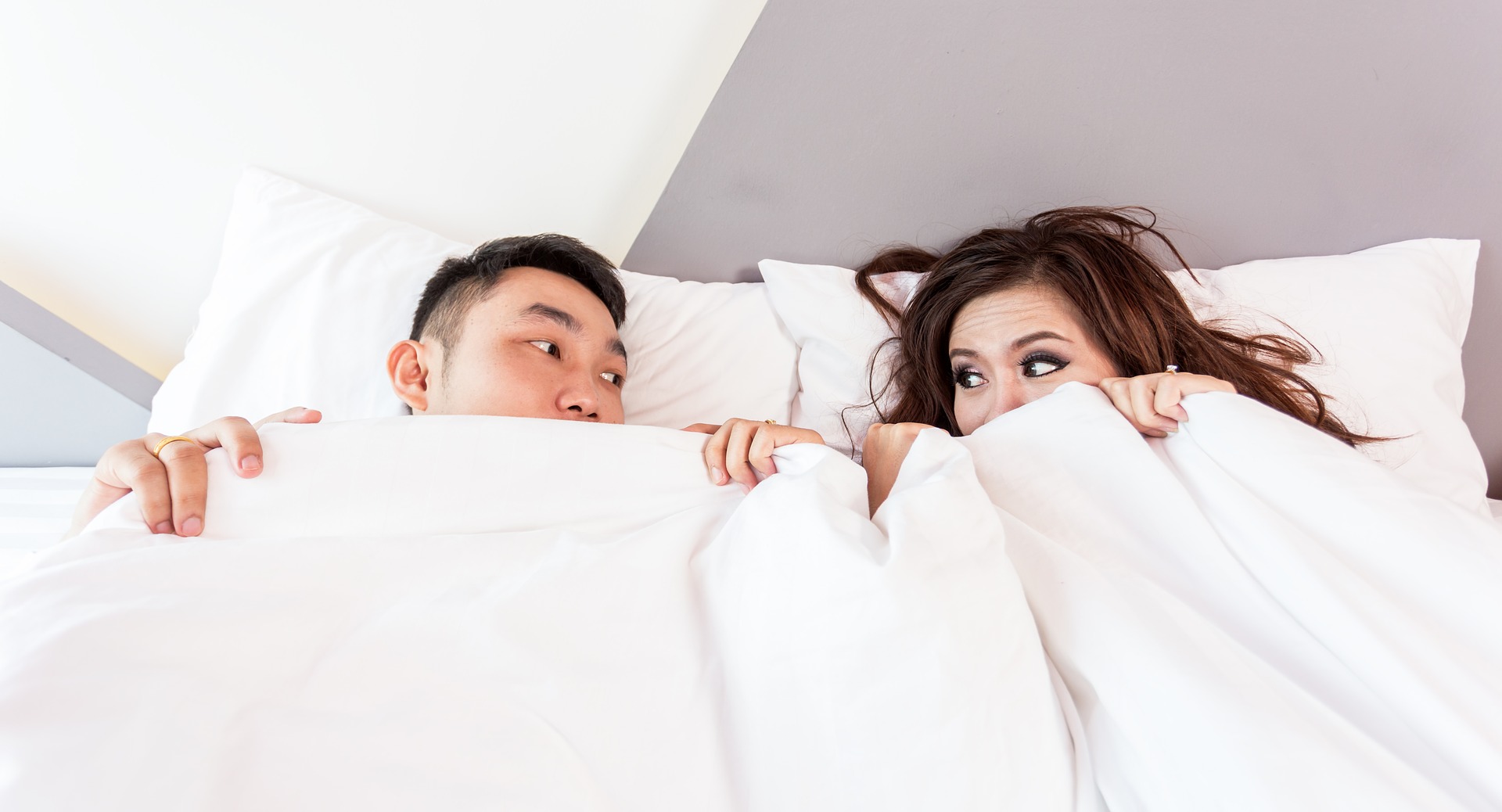Instead, I woke up one day and discovered that my continued lack of a sex drive had become sort of… “A Thing”. Not because my feelings had changed, but because they hadn’t, and I was old enough now for that to be noteworthy. Even for my fellow geeks and goody-two-shoes types, “someday” had arrived a while ago. And after leaving high school, my difference became yet more apparent. As a college student, there was no need yet for labels like “marriage-averse” or “parenthood-averse”, but there were certain assumptions about sex that demanded some discussion if you weren’t planning on meeting them.
I knew I was somewhere on the asexuality spectrum, but I wasn’t exactly certain where. The official definition of asexuality is a lack of sexual attraction, and it’s important to note that many asexual-identifying people do choose to have sex for various reasons. But I felt almost the opposite — I had always experienced some level of physical attraction to men, just no desire to act on it in R-rated fashion. “Sex-averse” is another potential term for this, but the semantics of it all is enough to make my head spin sometimes. I felt some kinship with the nebulous space of “gray-asexual,” an umbrella term that allows for ambiguity.
When I filled out online dating profiles, however, I offered up no nuance on the subject. Sharing my orientation felt like a disclaimer. I wasn’t positive I would never, ever have sex, but the idea that someone might enter a relationship with me conditionally on a secret hope that I might eventually change was not only uncomfortable, but as a woman in a world plagued by the violence of disappointed men, a little scary. So I stamped my online dating profiles firmly with the asexual label, and made a point of bringing it up in conversation on every first or second date, just to be sure I had made myself clear.
I needed to know for sure that the men I was seeing didn’t mind, because it was a little hard to believe any such men were out there. As a sex-averse person, it’s hard to feel confident in your appeal as a romantic partner, no matter how good your self-esteem is otherwise. I couldn’t really just date other asexuals if I didn’t want to impossibly narrow the pool, especially since I already tend to be on the picky side, but I sometimes felt like I wasn’t entitled to be picky. The odds of finding someone whom I not only liked but who liked me back just the way that I was, seemed depressingly low.
Dan Savage of the sex and relationships column Savage Love describes certain sex acts (most famously, oral sex) as features that should “come standard” in relationships– things that are reasonable to expect from any given partner. His point isn’t that anyone should be obligated or pressured to perform those acts, just that no one should feel guilty for ending a relationship to seek someone who will. While I don’t disagree with this, it hits perfectly on the great insecurity of sex aversion. By Savage Love’s metrics, I am definitely not a standard-issue partner. I’ve sometimes feared a relationship with me is analogous to a car with three wheels or a house with no stove— they may have nice elements, but why settle when there are equally nice models not missing such big pieces?
The summer after my freshman year of college, my boyfriend of three months called me after a week of acting weird and distant to confess that he had cheated on me with a coworker. My first reaction was to ask him if it was because I was asexual. He told me it had nothing to do with me, but I insisted that if it did, it didn’t have to be the end of our relationship. I was open to working out some sort of policy for him to meet certain needs elsewhere. Because after all, I thought, what did I expect? How could he stay loyal to his role if I wasn’t “fully” performing mine?
He ended up breaking things off with me before I could even decide what I wanted, but despite his obviously bad behavior, I couldn’t quite shake the concern that my orientation was at fault. So, when I started dating someone new later that year, I floated the topic of a possible open arrangement early on. Yet when he asked me permission one weekend to pursue a possible hookup, I found myself shaking uncontrollably. I wasn’t even consciously upset. My body just knew deep down that emotional danger lay ahead. Open relationships can absolutely be healthy and strong, but for me, it opened up all sorts of doubts. I wondered: if he did find another girl he liked enough to sleep with – someone who was the “whole package” – what would stop him from liking her more than me? How could I compete?
Here’s the thing, though: I’ve been rejected for all sorts of unknown reasons and wondered if it was because I identified as asexual, and in some cases, it probably was. But I’ve also found real and fully accepting relationships that have brought me a lot of happiness, and an even better relationship that is bringing me great happiness at the time of writing this. As far as I can tell, none of my partners have viewed it as a great sacrifice or act of charity to date me despite my sex aversion. Because shockingly enough, people are all different and not everybody values the same parts of a relationship to the same degrees. Even more shockingly, the things that make us feel totally unlovable are often not so big or bad after all.
I don’t really know for sure if my identity will change tomorrow morning, or if I’ll be asexual for the rest of my life. Either way, I’m learning to worry less about finding acceptance. My experiences have taught me that my beliefs about how much love is possible in my life tend to be way off base.
And I don’t think it’s just me. This is the secret I’m learning: most people feel like there’s some glaring reason that their love is a raw deal. Most people see something about themselves as so flawed and hard to deal with that they can’t imagine finding mutual and lasting affection. And most people are wrong. To my fellow asexuals interested in romance, and to anyone else who doesn’t feel like the “full package,” keep the faith. Most of all, know that you are enough, exactly the way you are.

Please connect with us if you are seeking support or hoping to learn more about being part of a Supportive, Inclusive, Compassionate, and Kind community:
Join The MindReset!
Check out Events for support groups or live events:
- Follow The MindReset Facebook page
- Follow The MindReset Twitter
- Follow The MindReset Instagram
You are always welcome to connect directly with an individual from TMR at themindreset@gmail.com or (802) 377-MIND


